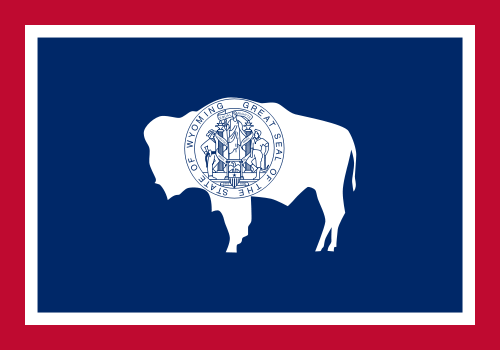Big props to the Casper Star-Tribune for their excellent reporting on a poorly-conceived Wyoming energy project that has been enthusiastically backed by Republicans who claim to oppose government “interventions” in private energy sector innovation.
Even after loudly blasting the Obama Administration’s Dept. of Energy for giving money to the ill-fated Solyndra solar company, Wyoming Republicans (including both Senators and the state’s Congresswoman) have been lobbying for $1.75 billion Federal loan guarantees for a proposed coal liquefaction plant by DKRW Advanced Fuels in Wyoming.
In comparison, Solyndra — which collapsed when silicon prices fell rapidly and made their non-silicon solar panels uncompetitive against regular, silicon-based panels — defaulted on a Federal loan of only $535 million, a substantially smaller amount than DKRW wants.
As the Star-Tribune notes:
Wyoming’s congressional representatives were enthusiastic backers of the project, writing letters on the project’s behalf to the Energy Department, sending representatives from their offices to speak in favor of it at public meetings and touting its progress in news releases.
“It uses Wyoming coal, Wyoming workers. It helps our economy in terms of around the state,” [U.S. Sen. John] Barrasso said in a recent interview. “If you’re using Wyoming coal, that’s going to be tax revenue from the state.”
The technology, which turns coal into liquid for use like other fossil fuels based on petroleum, is borderline non-feasible and the project in question has never found any private financing after a decade of delays. Congresswoman Lummis seemed to blame this on red tape “holding our nation back.” There is, of course, a much more likely explanation:
Michael E. Webber, deputy director of the Energy Institute at the University of Texas at Austin, said coal-to-liquids’ history offers a clue about its economic feasibility.
The Nazis employed the technology during World War II, as did South Africa’s apartheid government. Both had limited access to oil supplies. The lesson: Coal-to-liquids is possible but usually makes sense only as a necessity.
He said DKRW’s proposal and Solyndra’s are “basically identical.”
H/T @RL_Miller on Twitter for flagging the Star-Tribune article.







